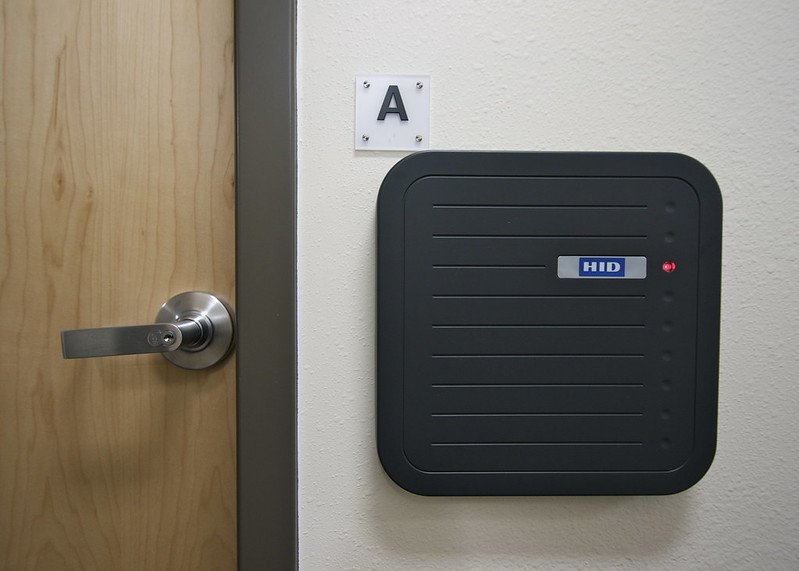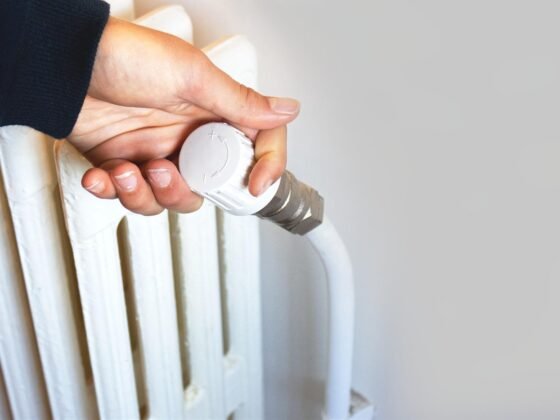Table of Contents Show
The world is facing an environmental crisis, and everyone must do their part in reducing their environmental impact.
A green home not only helps reduce your carbon footprint but also has numerous other benefits, such as improved air quality, lower energy costs, and improved health for its occupants.

Sustainable living can help you save money while positively impacting the environment. This article will discuss the items you should have in your eco-friendly home.
1. A Composting Area
Composting is one of the most popular and environmentally friendly ways to dispose of organic materials while producing rich, nutrient-filled soil. Composting allows us to turn our organic waste into a valuable resource through natural decomposition.
Whether you use a bin or just start it on the bare dirt ground, there are many benefits to having your compost station. Not only will it help reduce the amount of garbage you produce, but it will also give you access to nutrient-rich soil for your garden.
And when you cook with leftovers, you can easily add them to your compost bin instead of throwing them away.
2. Silicone Food Storage Bags
Reusable silicone storage bags are a great way to reduce plastic waste without sacrificing convenience. These bags are perfect for storing food to keep it uncontaminated.
You’ll see them made from the highest-grade food-safe silicone, leakproof, heat resistant, durable, and easy to clean. With their reusable design and eco-friendly materials, these silicone storage bags are an excellent choice for anyone looking for an environmentally friendly way to store their food or items.
With their leakproof and smell-proof design, school lunch bags and snacks have always been challenging.
Reviews from satisfied customers rave about the convenience of these bags, which are easy to clean in the dishwasher for a hassle-free experience. Whether packing lunch for your kids or taking snacks with you on a picnic, these bags are the perfect solution.
3. Low Flow Showerheads
Installing a low-flow showerhead is an easy and effective way to reduce the environmental impact on our homes. Reducing your water consumption during baths can help conserve natural resources.
Installing a low-flow showerhead in your bathroom can have dramatic results. In addition to using less water, savings can be significant over time.
With up to 30 percent less water usage, you can save up to 2,900 gallons annually. You be helping to conserve water and energy, and you’ll also save money on your utility bills in the long run.
4. Solar Panels
Solar energy is one of the most promising renewable, clean electricity sources globally.
By harnessing the sun’s energy, we can generate electricity without adding any additional pollutants into the air or contributing to climate change. Solar energy is an inexhaustible resource – it will never run out and can be used to power homes and businesses worldwide.
With no emissions or fuel costs, solar energy can significantly reduce your reliance on traditional power sources while helping you save money in the long run.
5. Smart Thermostat Systems and Insulation
Intelligent thermostat systems are becoming increasingly popular among homeowners looking to save energy and money. You can program smart thermostats to adjust the temperature according to habits and daily usage, allowing you to save energy and stay comfortable.
Additionally, proper insulation is a must-have for your home, especially if you’re looking to maximize energy savings and reduce your carbon footprint. Insulation is essential in controlling your home’s temperature and preventing air leaks leading to increased heating/cooling bills.
6. LED Lightbulbs
LED bulbs are the obvious choice if you’re looking to protect the environment while reducing your energy bill. They use much less energy than incandescents and halogens and last ten times longer, sometimes up to 50,000 hours.
You will have to replace them less often and can take full advantage of their cost-saving potential. LED bulbs may have a higher initial cost, but you’ll benefit from a long-term energy expense reduction.
Additionally, replacing them less frequently means less money, fewer maintenance costs, and a decreased environmental footprint since fewer products will be in landfills.
LED light bulbs are an energy-efficient upgrade to traditional light bulbs. These bulbs help save you money on your electricity bill, and they also need less electricity to make a similar amount of light.
Moreover, LED bulbs realize up to 80 percent efficiency. These benefits make them an ideal choice for home and business lighting solutions that are both cost-effective and eco-friendly.
7. Natural Cleaning Products
Changing to eco-friendly cleaning products is an excellent way to reduce environmental impact and promote a healthy interior space. You can safeguard our health, loved ones, and the environment by eliminating chemical-based cleaners laden with toxins and hazardous chemicals
These materials can have damaging impacts, so doing away with them can reduce those risks. These eco-friendly cleaning products help reduce our dependence on Volatile Organic Compounds (VOC) that harm our health and improve air quality.
Lastly, they also offer peace of mind knowing that your air remains free from harsh chemicals.
8. LEED-Certified Access Doors
LEED certification is a widely recognized sustainable building and design standard demonstrating a project’s environmental commitment.
LEED projects promote sustainability by adhering to prerequisites and credits facilities, equipment, and amenities that promote indoor environmental quality while addressing modern environmental safety standards.
These projects have the potential to earn points that can increase their overall energy efficiency. Having LEED certification can result in significant cost savings for businesses and homes
Installing LEED access doors and panels is an essential step for you to start preparing to earn a LEED certification. It helps make your building more energy efficient and reduces operating costs, but it also helps the building owner earn valuable LEED points.
Building Sustainable Habits
Living a more sustainable life can significantly impact our environment, but it doesn’t have to be complicated. Creating more sustainable habits in our everyday lives can help reduce pollution and waste resources.
This list of simple yet effective changes will hopefully inspire you to lead a greener lifestyle. From using reusable shopping bags to investing in energy-efficient appliances, you can make a difference without making drastic changes.









